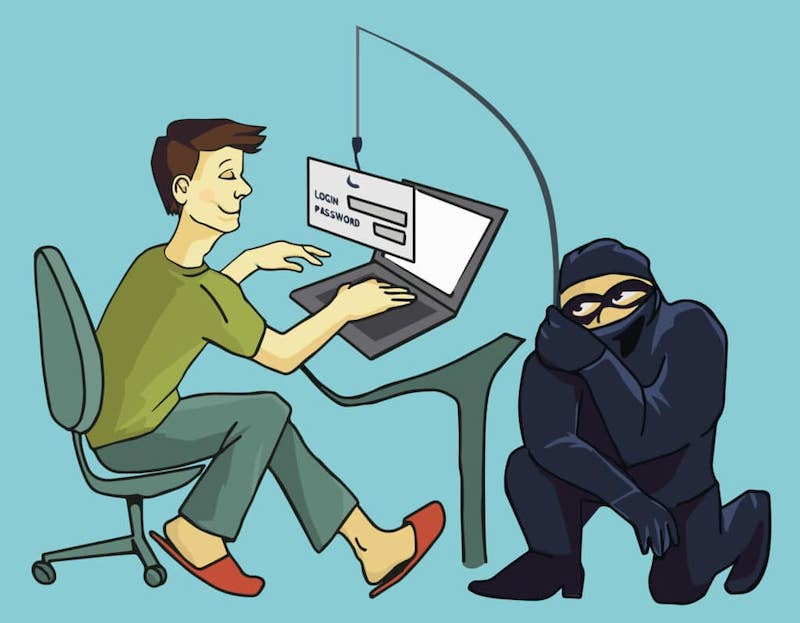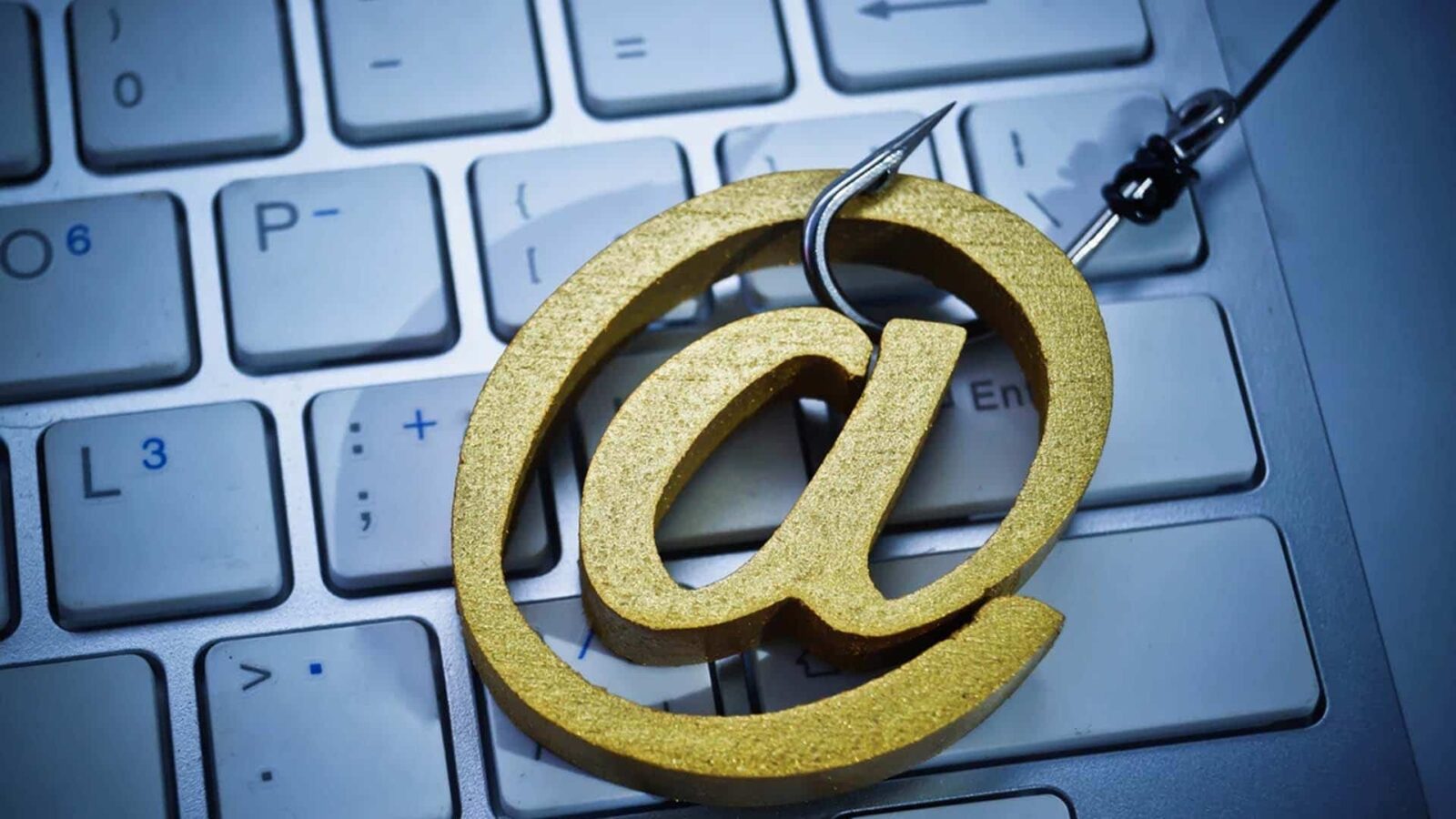The Omicron variant is scaring the whole world a bit.
And phishing-related cybercrimes are on the rise. Just think of the fact that Italian companies spend, on average, about 680 thousand euros every year to combat the phenomenon.
Thus a new criminal attitude that unites the two unhappy arguments is doubly alarming. We are talking about the email scam on the Omicron variant, reported by the researchers of the Bitdefender Antispam Lab and also arrived in Italy. Let’s find out what scam it is, why it is so dangerous and how you can defend yourself.
But first let’s remember what the phenomenon of phishing is generically.
What is phishing
Phishing refers to a type of scam carried out on the Net by an attacker. Who, pretending to be a reliable subject, sends the victim a text message or an e-mail (apparently plausible) with which he tries to deceive him. The purpose is to convince him to provide personal information (financial data or login credentials).

SMS scam
In a recent article, we pointed to the surprising degree of sophistication that cybercriminals have reached.
Lately, in fact, numerous scam sms have been sent in Italy that looked like they came from the post office or from some banking institutions.
In fact, those who receive them index them as coming from their own bank, and if they don’t pay much attention they find themselves clicking on links that lead them to sites that are only graphically identical to the original ones. From there, a further act of misplaced trust would be equivalent to providing credentials or bank details, with all that can ensue.
The latest found in order of time is to send scam emails on the Omicron variant. In this case, what does the scam consist of?
The scam emails on the Omicron variant
The joke would be easy, but there is little to joke about. The scam emails on the Omicron variant are the crossing of two dangerous viruses, one literal and the other, a malware, computer.
The researchers of the Bitdefender Antispam Lab gave the news in recent days. The scam mail has started to circulate in Asia, and is now spreading to several European countries, including Italy.
The lever of the Omicron variant
The peculiarity of the email scam on the Omicron variant is to exploit a recent and widespread fear, that of the latest and most contagious strain of Coronavirus. It is easy to imagine how many of those who see a communication regarding the South African variant in their email are willing to open it and read it carefully.
How the scam works
But how does the e-mail scam on the Omicron variant actually work?
Here for example, in full, one of the texts that are most circulating in Italian: “Attached you can find the Proforma invoice. Please note that the government has implemented new regulations to stem the spread of the OMICRON COVID-19 variant. The final documents will be sent after the final confirmation of the information in the annex “.
The email, apparently written by a shipping company, instinctively triggers an alarm, given the pandemic still underway. And it’s not even written, contrary to how often happens in phishing communications, in an ungrammatical language.
It virus
It goes without saying that the “final documents” mentioned in the message will never be sent. But most of all, the email attachment contains the GuLoader Trojan, which will start the download of the FormBook malware, able to get hold of the sensitive data stored in the infected device.
Over the Christmas period every year there is an increase in online scams. We spend more time in front of the computer and are more likely to give (and receive) remotely purchased gifts.
How to defend yourself
How to defend yourself from scam emails on the Omicron variant, and more generally on phishing attempts?
Meanwhile, upon receiving an email we have to ask ourselves a series of questions. Are we aware of that communication? Are we really, for example, waiting for a package from that company? Does the sender, layout and style of the email seem reliable, professional? Is it a communication that is addressed to me personally or is it generic?
And even if all the answers are positive, it is always a good idea not to download attached files. And all the more reason you should never provide personal data. Not even click on links through which you are apparently deleted from the list of recipients: not if the sender is more than sure.
Another good way to defend yourself is to search the Net for further references of the company that would like to communicate with us.















Leave a Reply
View Comments